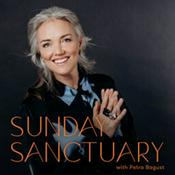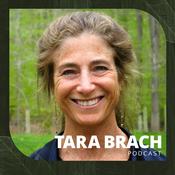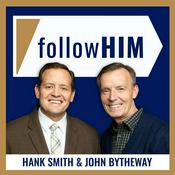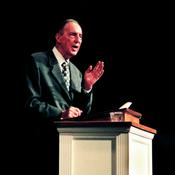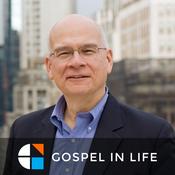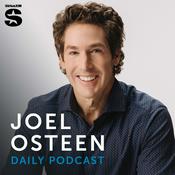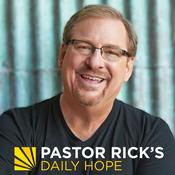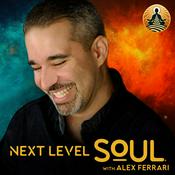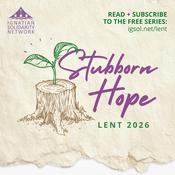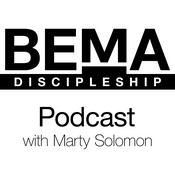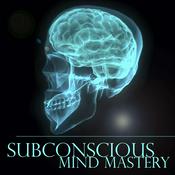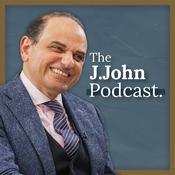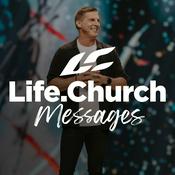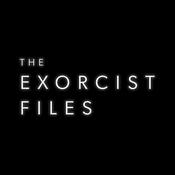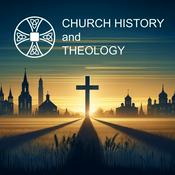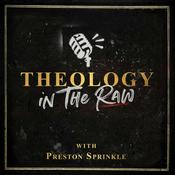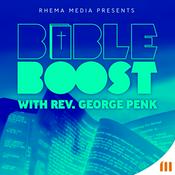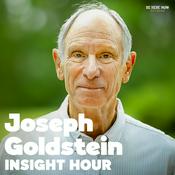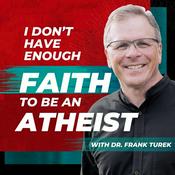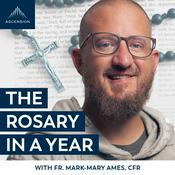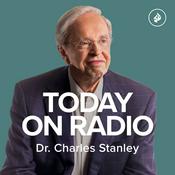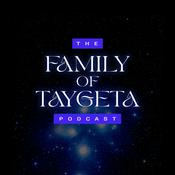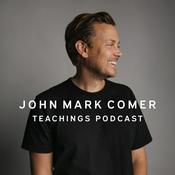Kootenai Church Sunday School
Kootenai Community Church
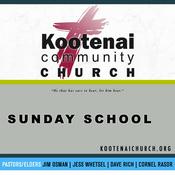
Latest episode
308 episodes
- What happens when obeying one command of God seems to require breaking another? That's the question at the center of this compelling lesson on Christian ethics — and it may be one of the most practically important questions a believer can wrestle with.
In this episode, Dave Rich opens a multi-part series on apparent moral conflict — those moments when two God-given duties seem to pull in opposite directions. Drawing from a wide sweep of biblical accounts — Shadrach, Meshach, and Abednego in the fiery furnace, Rahab, the Hebrew midwives, Abraham and Isaac, and many more — Dave lays out the three major Christian ethical frameworks used to address these conflicts: Conflicting Absolutism, Graded Absolutism, and Non-Conflicting Absolutism.
Rather than simply telling listeners what to think, Dave walks through the real strengths and serious problems of each approach, giving particular attention to Conflicting Absolutism. He applies these frameworks to the three friends in the furnace and a relatable modern scenario to show how each position actually works in practice.
This episode is essential for anyone who has ever faced a moral hard case and wondered whether God's commands can truly conflict — or whether the answer is found in understanding them more deeply. Solid, honest, and carefully reasoned, it's an invitation to wrestle well with what the whole Bible says.
★ Support this podcast ★ - Simon Pranaitis examines how Paul's conversion testimony reveals three essential ways the gospel continues to work in believers' lives decades after salvation. Writing to Timothy thirty years after his Damascus Road encounter, Paul demonstrates that the gospel isn't just for new converts—it's the ongoing source of spiritual strength, evangelistic motivation, and worshipful joy. Simon walks through 1 Timothy 1:12-17, showing how Paul never forgot what God rescued him from. The gospel strengthens believers for service by keeping them grateful for God's deliberate choice to regard sinners as faithful. It motivates gospel proclamation by crystallizing the simple truth that Christ Jesus came into the world to save sinners, with Paul identifying himself as foremost among them. And it draws Christians into deeper worship of the eternal, immortal, invisible King. Simon challenges listeners to write down their testimony, discuss it frequently with others, and rehearse gospel truths regularly—because no one outgrows their need for the gospel that transforms persecutors into apostles through God's perfect patience and super-abundant grace.
★ Support this podcast ★ - Dave Rich concludes his examination of how Christians should approach the Old Testament for ethical guidance. Building on previous lessons about the Mosaic law, Rich shifts focus to the creation ordinances—commands given to Adam before the law of Moses even existed. He walks through Genesis to identify seven binding ordinances that remain in force today: procreation, subduing the earth, dominion over creatures, labor, the weekly Sabbath, and marriage. Rich demonstrates how these foundational commands inform modern ethical debates on work, environmentalism, marriage and sexuality, abortion, euthanasia, and capital punishment. He shows how each of the Ten Commandments finds expression in New Testament teaching, proving that Christians haven't abandoned Old Testament morality but understand it through the lens of the new covenant established in Christ. The message includes practical teaching on the threefold use of God's law: its pedagogical function in revealing our sin and driving us to the gospel, its civil function in restraining evil and maintaining order, and its normative function in guiding believers toward obedience. Rich emphasizes that while Christians are not legally bound to the Mosaic law, they remain obligated to learn from it and apply its principles as God's revealed wisdom for righteous living.
★ Support this podcast ★ - Dave Rich continues his examination of how Christians should approach the Old Testament law. This teaching tackles one of the most debated questions in biblical ethics: Are believers still bound by the Mosaic law? Rich methodically works through the traditional categories of moral, ceremonial, and civil law, revealing why these divisions—while useful—don't actually appear in Scripture itself. He demonstrates that the Bible presents the law as a unified whole, yet the New Testament clearly teaches that Christians live under a new covenant established at Christ's death. Through careful exposition of passages from Hebrews, Jeremiah, Romans, and the Gospels, Rich shows how the old covenant has been surpassed by something better. He explains the distinction between being legally obligated to Mosaic law versus learning from its wisdom and principles. The message addresses real questions believers face: What about the Sabbath? Food laws? Civil penalties? Rich provides clarity on which Old Testament commands still apply and why, helping Christians navigate Scripture with both freedom and faithfulness to God's unchanging character. (199 words)
★ Support this podcast ★ - Dave Rich tackles one of the most debated questions in Christian theology: How should believers use the Old Testament law for ethical guidance? With clarity and biblical precision, he examines the 613 Mosaic laws and asks which ones still apply to Christians today. Why do we follow some commandments but not others? Are the Ten Commandments still binding? What about dietary restrictions and civil penalties?
Rich walks through six major theological approaches to the law, from Marcionism's complete rejection to views that embrace nearly all Old Testament regulations. He examines New Testament passages that seem contradictory—some declaring the law a burden not to be imposed on believers, others affirming its holiness and value. The answer lies in understanding covenant discontinuity while recognizing the law's ongoing revelatory purpose.
Christians aren't bound by Mosaic stipulations, but the entire Old Testament remains valuable for ethical wisdom when read through the lens of the New Covenant. This teaching equips believers to handle Scripture accurately, avoid both legalism and lawlessness, and apply timeless biblical principles to modern life.
★ Support this podcast ★
More Religion & Spirituality podcasts
Trending Religion & Spirituality podcasts
About Kootenai Church Sunday School
The expository preaching ministry of Kootenai Community Church by Pastors/Elders Jim Osman, Jess Whetsel, Dave Rich, and Cornel Rasor. This podcast feed contains the weekly sermons preached in the adult Sunday School class on Sunday mornings at Kootenai Church.
The Elders/Teachers of Kootenai Church exposit verse-by-verse through whole books of the Bible. These sermons can be found within their own podcast series by visiting the KCC Audio Archive.
Podcast websiteListen to Kootenai Church Sunday School, Sunday Sanctuary with Petra Bagust and many other podcasts from around the world with the radio.net app

Get the free radio.net app
- Stations and podcasts to bookmark
- Stream via Wi-Fi or Bluetooth
- Supports Carplay & Android Auto
- Many other app features
Get the free radio.net app
- Stations and podcasts to bookmark
- Stream via Wi-Fi or Bluetooth
- Supports Carplay & Android Auto
- Many other app features


Kootenai Church Sunday School
Scan code,
download the app,
start listening.
download the app,
start listening.

